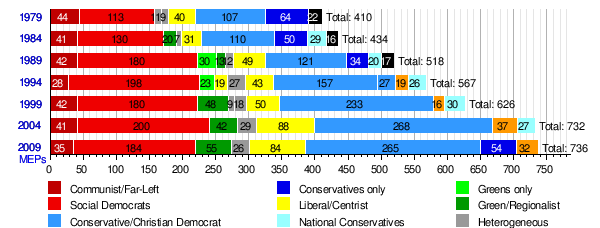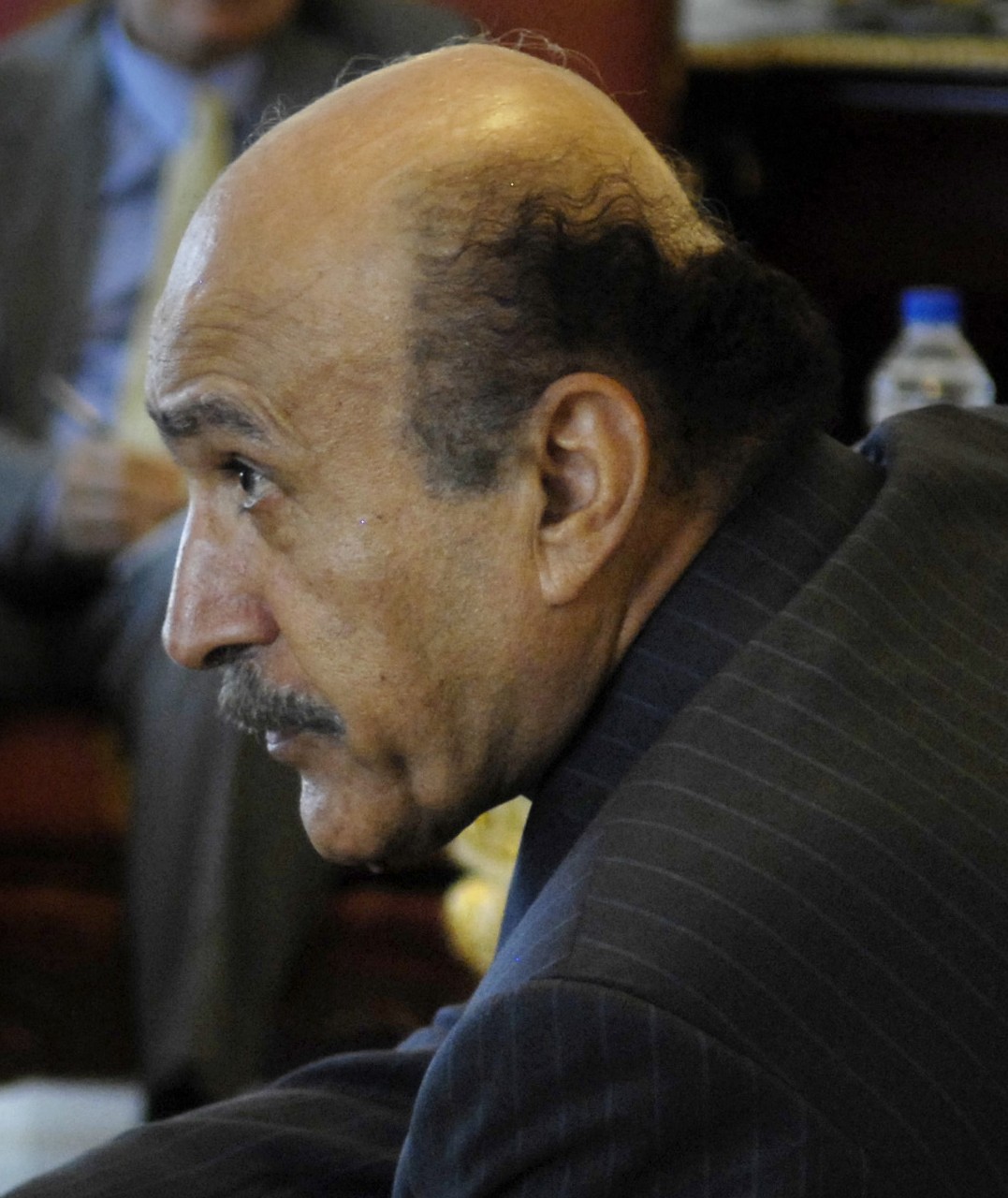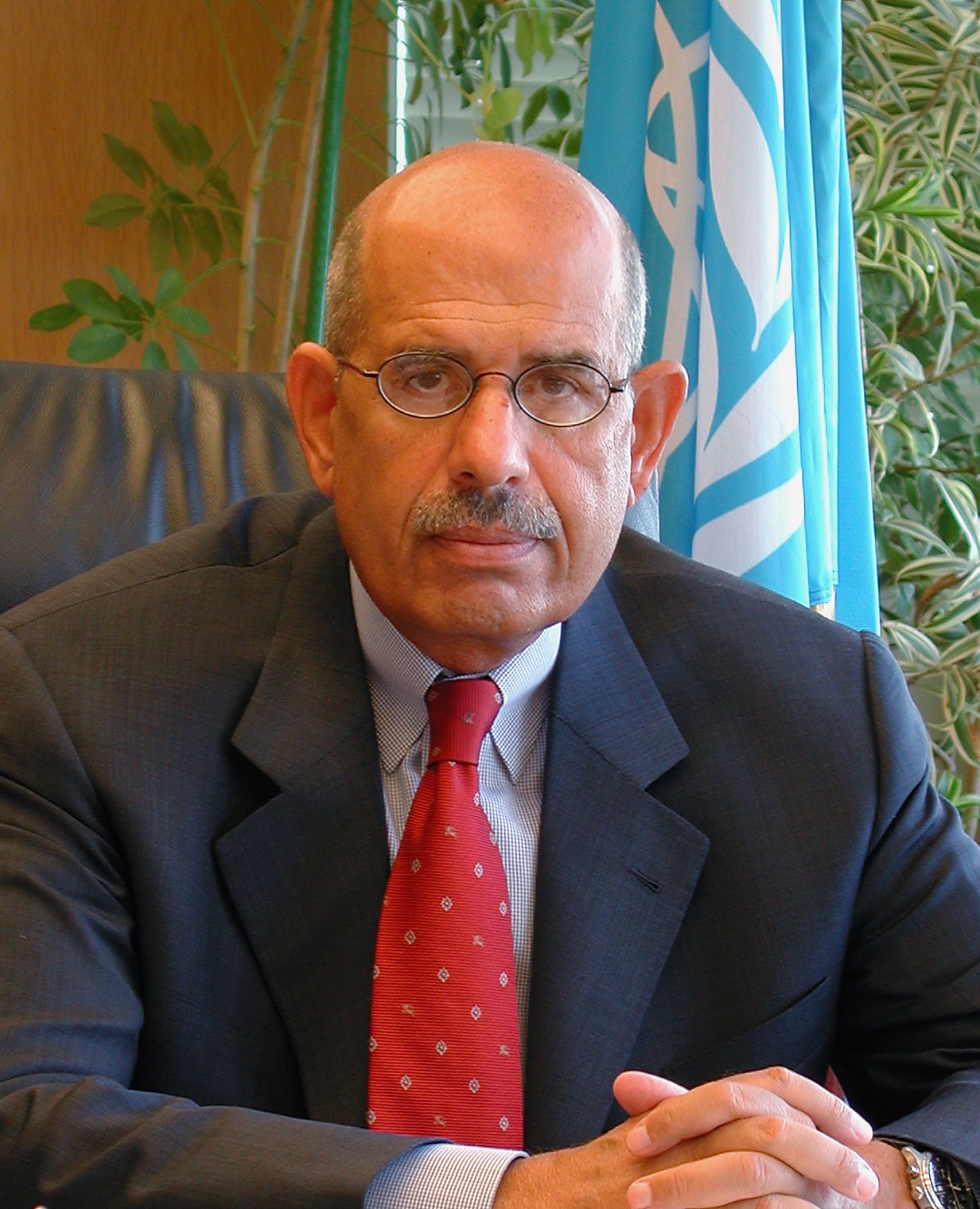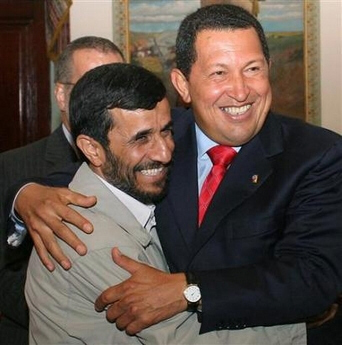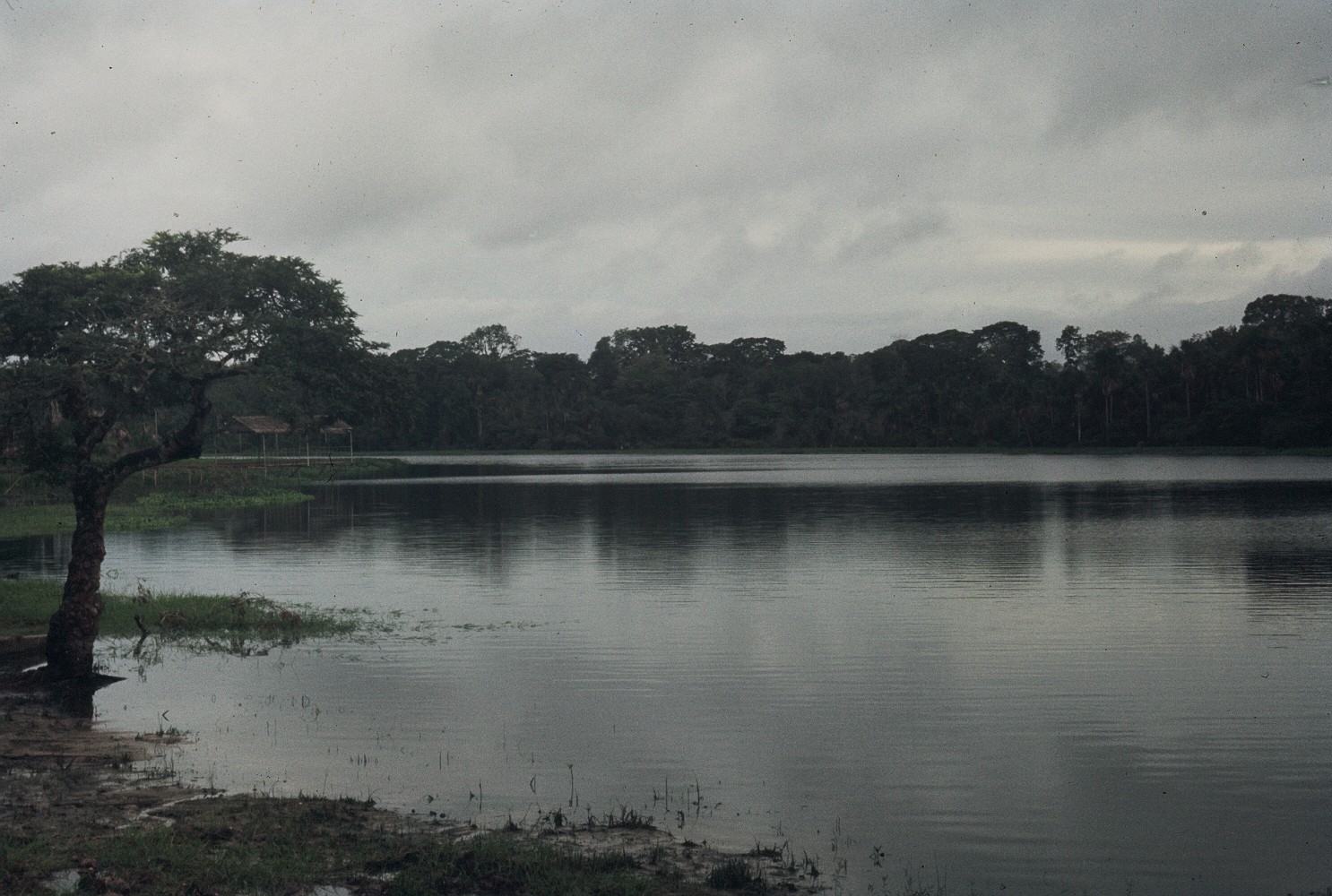
As Spanish newspaper
El País informs us today, the European Parliament, meeting in Strasbourg, approved again a resolution with regards to Venezuela's government. As usual, there were discussions between most parties and Hugo's apologists.
Hugo's apologists will say again something like "there was a coup at the European Parliament", "there was no quorum", "they put something in the drink, so less people followed us". Never mind there is always an agenda and people know when those discussions are taking place.
Below you can see the draft as taken from
here (11). The final resolution is likely to be different, as usual, but I think it will not change much.
European Parliament resolution of 11 February 2010 on Venezuela
The European Parliament,
– having regard to its previous resolutions on the situation in Venezuela and, in particular, those of 7 May 2009, 23 October 2008 and 24 May 2007,
– having regard to Rule 122(5) of its Rules of Procedure,
A. whereas the concept of freedom and independence of the media constitutes an essential component of the fundamental right to freedom of expression enshrined in the Universal Declaration of Human Rights,
B. whereas media freedom is of primary importance for democracy and respect for fundamental freedoms, given its essential role in guaranteeing the free expression of opinions and ideas, with due respect for the rights of minorities, including political oppositions, and in contributing to people's effective participation in democratic processes, enabling the holding of free and fair elections,
C. whereas the right of the public to receive information from pluralistic sources is fundamental to any democratic society and to citizens' participation in the political and social life of a country,
D. whereas the obligation imposed by the Law on Social Responsibility in Radio and Television on all media to broadcast in full all speeches made by the Head of State does not comply with such principles of pluralism,
E. whereas Articles 57 and 58 of Venezuela's Constitution guarantee freedom of expression, communication and information,
F. whereas the media must abide by the provisions of the law; whereas closing a media outlet should be the last resort and a measure that should only be implemented after all the guarantees of due process have been given, including the right to present a defence and appeal in independent courts of justice,
G. whereas in May 2007 Radio Caracas Televisión’s open signal was suspended by President Hugo Chávez and the channel was obliged to become international in order to be able to transmit a signal through cable television,
H. whereas the first protests by the student movement began as a result of the channel being taken off the air,
I. whereas on 1 August 2009 the government of Hugo Chávez ordered the closure of 34 radio stations through a refusal to renew their licences,
J. whereas in January 2010 President Chávez ordered RCTV International (RCTVI) and five other cable and satellite TV channels (TV Chile, Ritmo Son, Momentum, America TV and American Network) off the air after they failed to broadcast the official presidential speech on the occasion of the 52nd anniversary of the overthrow of Perez Jimenez; whereas two of them – America TV and RCTVI – are still banned,
K. whereas this new shut-down triggered a further wave of student protests, which were harshly suppressed by the police in many of the country’s states and cities, and these events resulted in the deaths of two young students in the city of Mérida and dozens of injuries,
L. whereas these measures are designed to obtain control over and gag the media, if not to curtail the democratic rights to freedom of expression and information,
M. whereas the OAS, through the Inter-American Commission on Human Rights, has warned that this new move to take channels off the air has enormous repercussions in terms of the right to freedom of expression,
N. whereas President Chávez recently stated that the use of social networking sites such as Twitter, of the Internet and of text messaging via mobile phones to criticise or oppose his regime 'is terrorism',
O. whereas the reform of the law on science and technology currently being debated by the National Assembly of Venezuela aims to regulate 'information networks' in a manner that could lead to internet censorship,
P. whereas Venezuela has signed the International Covenant on Economic, Social and Cultural Rights and the American Convention on Human Rights,
Q. whereas Venezuela is the country with the largest energy reserves in Latin America and whereas measures such as arbitrary confiscation and expropriation, some of which affect EU interests, undermine the basic social and economic rights of citizens,
R. whereas some leaders close to President Chávez, such as Ramón Carrizález, Vice-President and Minister of Defence, Mrs Yubiri Ortega, Minister of the Environment, and Mr Eugenio Vázquez Orellana, Chairman of the Central Bank, have recently submitted their resignations,
S. whereas, according to Transparency International's 2009 report, Venezuela is one of the most corrupt countries in the world,
T. whereas the latent climate of insecurity and the levels of crime and violence, which have turned Venezuela and its capital Caracas, into one of the most dangerous places in the world, are causing concern among the people of Venezuela,
U. whereas the many insults, threats and attacks directed against national and international leaders by President Chávez have given rise to unease and a huge number of unnecessary tensions, which in some cases have even led to an order for the mobilisation of troops with a view to a possible war with Colombia,
1. Is appalled at the death of the two young students, Yonisio Carrillo and Marcos Rosales, during the protests in Mérida, and calls on the authorities to carry out an investigation into the reasons why these young men were killed and calls for those guilty to be dealt with by the justice system;
2. Regrets the government's decision no longer to allow these channels to broadcast in Venezuela and calls for their reinstatement;
3. Calls on the Venezuelan authorities to review this decision and the obligation to broadcast fully all speeches made by the Head of State;
4. Reminds the Government of the Bolivarian Republic of Venezuela of its obligation to respect freedom of expression and opinion and freedom of the press, as it is bound to do under its own Constitution and under the different international and regional conventions and charters to which Venezuela is a signatory;
5. Calls on the Government of Venezuela, in the name of the principle of the impartiality of the State, to ensure equal treatment under the law for all media, including the Internet, whether privately or publicly owned and irrespective of all political or ideological considerations;
6. Believes that the Venezuelan media should guarantee pluralistic coverage of Venezuelan political and social life;
7. Believes that the 'National Telecommunications Commission' should show itself to be independent of the political and economic authorities and ensure equitable pluralism;
8. Calls on the Venezuelan Government to be committed to the values of the rule of law and to promote, protect and respect the right to freedom of expression, including on the Internet, and freedom of assembly;
9. Points out that, under the Organisation of American States’ Inter-American Democratic Charter, in a democracy, in addition to clear and necessary legitimacy of origin, grounded in and obtained at the polls, legitimacy of exercise must also be complied with, and this must be founded on respect for pluralism, the established rules, the constitution in force, the laws and the rule of law as a guarantee of a fully functioning democracy, and this must of necessity include respect for peaceful and democratic political opposition, especially where that opposition has been elected in the polls and enjoys a popular mandate;
10. Is deeply worried by the drift towards authoritarianism shown by the government of President Hugo Chávez, whose actions are directed towards weakening the democratic opposition and restricting the rights and freedoms of citizens;
11. Calls upon the Venezuelan Government, with a view to the parliamentary elections on 26 September, to respect the rules of democracy and the principles of freedom of expression, assembly, association and election;
12. Instructs its President to forward this resolution to the Council, the Commission, the High Representative for Foreign Affairs and Security Policy, the Government and National Assembly of Bolivarian Republic of Venezuela, the Euro-Latin American Parliamentary Assembly and the Secretary-General of the Organisation of American States.




